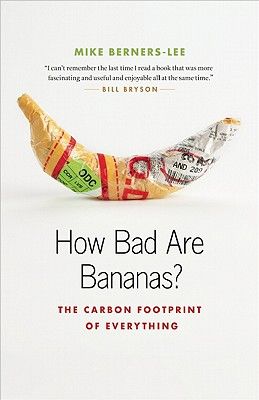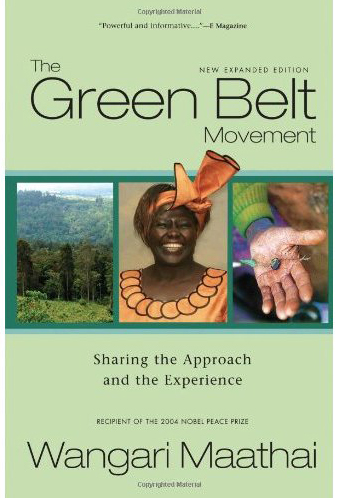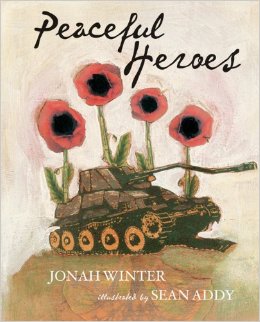.jpg)
TRANSATLANTIC SLAVERY (Against Human Dignity.)Ed. Anthony Tibbles.
Slavery! What pictures does it conjure up? Hard work, with little or no pay? The reality was much worse than that.
First, the raiders (Spanish, Portuguese, English) landing in Africa. Then the trading with the local dealers and, where that was insufficient, the brutal capture of men, women and children; the journey, heavily chained and cruelly restricted, to the ships. On board they were herded like cattle (but treated worse) some half dead with hunger, fear and the torture of their position, the lucky ones jumping overboard to drown.
At their destination they were offloaded and sold at auction to the highest bidder. Their new owners worked them in the fields for long hours under terrible conditions and disciplined by the whip. Perhaps a small minority had more humane owners who, nonetheless, saw them as property, goods to be bought and sold.
The book was published in conjunction with a Liverpool museum, a reminder that this city's prosperity had been built on the backs of the Trade. The contributors ask "how and why such an inhuman trade could be conducted by a supposedly civilised Western culture." "Supposedly"? "Civilised"? Where profits are concerned all other considerations are swept aside or totally ignored. Sounds familiar?
They deal with the imperial takeover of the Americas, the origins and methods of the Trade, aspects of marine technology of the time, African resistance, Caribbean slave society, the special situation of women slaves, the Liverpool connection, Africans in Britain and the resultant racism – and much more
How to react? With horror? Feelings of guilt? Resignation – it's just human nature? Or determination to wipe out the obscene racism which still exists in our midst today? Read this book before you decide.

.jpg)


